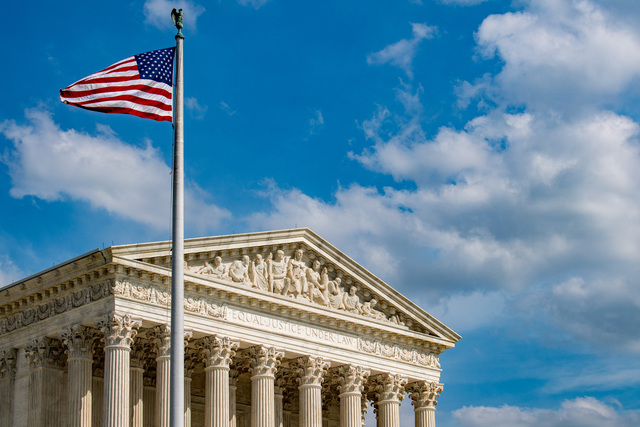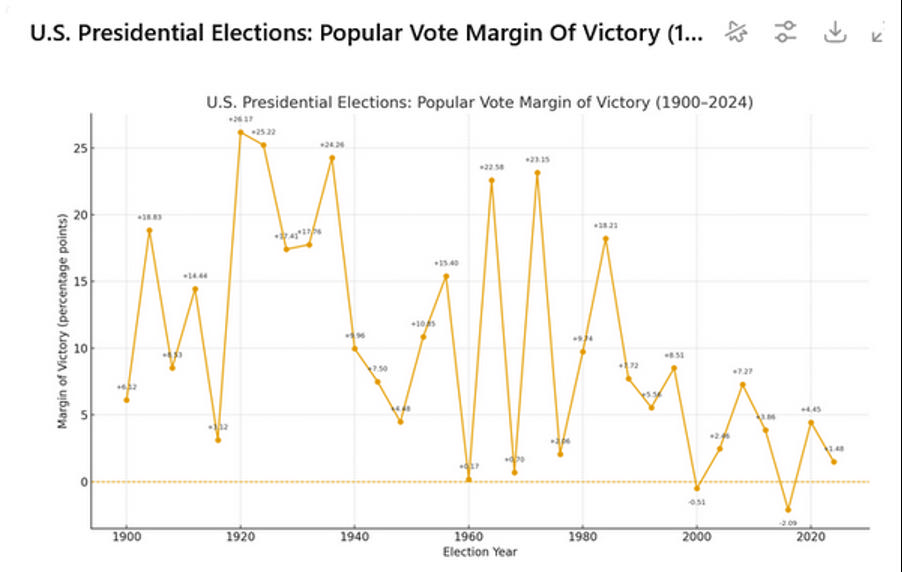Supreme Court to Hear Cases on Protecting Women's Sports
Both West Virginia and Idaho seek to defend their right to restrict women's sports to biological women.

The U.S. Supreme Court started its new term on October 6 and is scheduled to rule on a pair of state laws that protect female sports. Idaho and West Virginia both have laws that prevent males from playing in female sports. Now these states are defending these laws before the Court.
In Little v. Hecox, male Lindsay Hecox sued the state because he wanted to try out for female sports at Boise State University. He received an injunction that allowed him to play female collegiate soccer, an injunction the U.S. 9th Circuit Court of Appeals has upheld. After the Supreme Court accepted the case, Hecox withdrew his complaint and argued that the case is now moot. Idaho Attorney General Raúl Labrador argued that the case is still live and that the Court should rule on its merits instead of dismissing it.
In West Virginia v. B.P.J., a middle school boy challenged the state law. The Supreme Court initially declined to hear the case in 2023 but later accepted it this July. Although both cases are similar, they make arguments on different grounds. The plaintiffs in Little v. Hecox argue that the Idaho law violates the Equal Protection Clause of the 14th Amendment, and the plaintiffs in West Virginia v. B.P.J. argue that the state law violates Title IX. The Court has yet to schedule oral arguments on these cases.


















